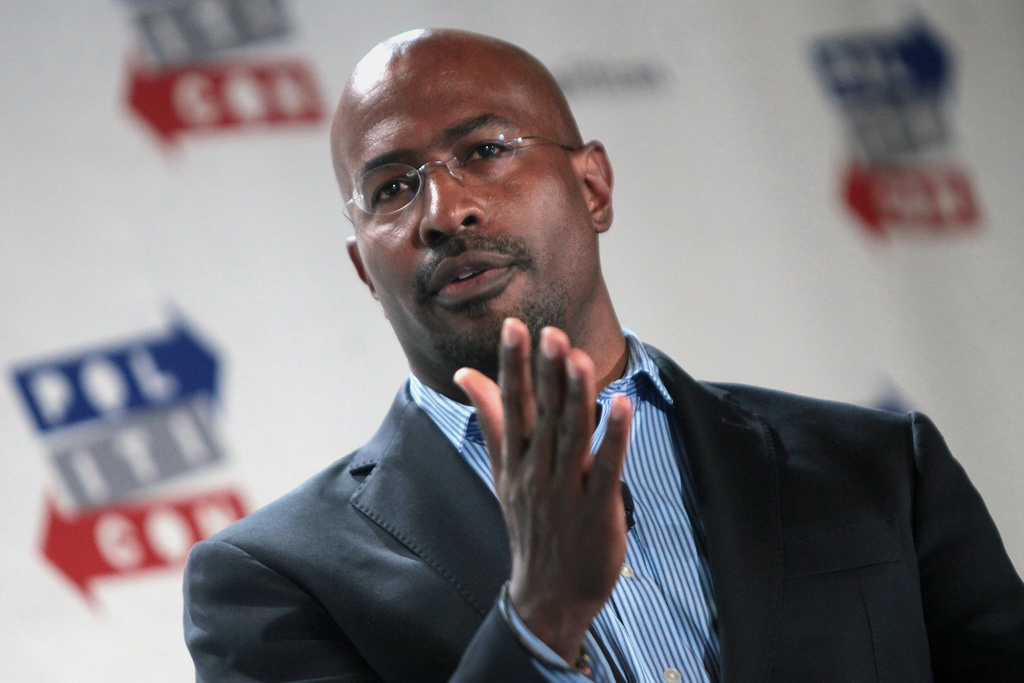American citizens once respected students of higher education for their dedication and ability to overcome obstacles. Finishing college applications, completing interviews, moving away from home, and starting a new life all require a strong sense of independence and aptitude. However, more and more college students whine about slight discomforts that are thrown their way. This generation tends to shy away from things that every adult has had to deal with at some point in their lives. Its weakness is disheartening.
Colleges and universities appeal to students seeking to challenge themselves and become wise and educated individuals. Sadly, however, college students increasingly complain that their education is too challenging and uncomfortable.
Hank Berrien of The Daily Wire recently released a story regarding university students’ complaints about professors banning laptops in classrooms and requiring students to take handwritten notes and final exams.
He wrote, “In 2017, the Cornell University student government unanimously passed a resolution urging the faculty to allow ‘greater freedom of student laptop usage.’” U.S. News ranked Cornell as the 14th best university in America in 2017. One would expect that for such a prestigious Ivy League university, students would respect a professor’s decision to make them write by hand. Berrien continues, articulating student complaints that include everything from inability to read their own notes to their hands hurting from writing.
Yet another frightening trend among college students is their cry for so-called “safe-spaces” and “trigger warnings.” This leads people to associate a certain frailty to college students that was not previously considered. The movement to censor anything that appears uncomfortable, disagreeable, or contrary to progressive views makes college students believe that everything in the world will go their way. This contradicts the main purpose of a college education: to prepare students for their lives in the real world.
When asked about students’ increasing demand for safe spaces during a speech at the University of Chicago, Van Jones, an American political commentator and civil rights activist, said, “I think that’s a terrible idea for the following reason: I don’t want you to be safe ideologically. I don’t want you to be safe emotionally. I want you to be strong.”
Everyone has to deal with strife and discomfort. Jones discussed the problem with students’ idea that they can avoid discomfort. He said, “You are creating a kind of liberalism that the minute it crosses the street into the real world is not just useless but obnoxious and dangerous.”
Social justice culture leads to intolerance of opposing views. Many students are so intolerant that they would rather resort to violence than engage in the civilized discussion that we should expect from anyone attempting to educate themselves. This dangerous and divisive practice goes against the ideals this country was founded upon while making it harder to respect any students partaking in the violence. Almost weekly, stories on violence and protests appear from the University of California, Berkeley, the University of Chicago, and the University of California, Davis, and countless other colleges. Universities have turned a blind eye to students’ violent protests, allowing them to effectively shut down the speech of conservative students.
When universities allow students to incite violent protests on school property, they fail to prepare them for the real world. Students will think they can continue to live the same lifestyle after they enter the real world. The culture shock of personal responsibility, deadlines, and the tasks that come with adulthood, which these students couldn’t handle in college, can serve as a rude awakening to the spoiled, delicate, and poorly behaved minority of social justice warriors. They are, in turn, making the rest of us hardworking and driven students look fragile and weak.
Liam Bredberg is a freshman studying the liberal arts.


